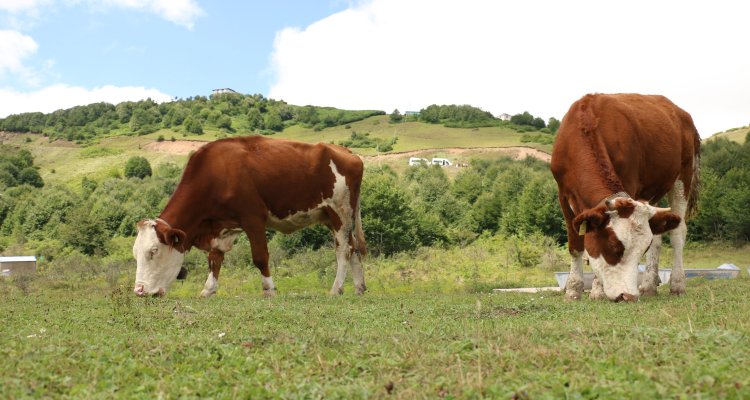
Project
ERA-NET ReLive
ERA-NET ReLive - Back to the Future: Re-integrating Land and Livestock for Greenhouse Gas Mitigation and Circularity
Research introduction
Enhancing circularity is an important aspect of making European agriculture greener and more sustainable. The widespread reintroduction of crops and livestock could make a major contribution to this through the more effective recycling of resources and the minimization of waste. However, this comes with significant challenges, including the potential for enhanced greenhouse gas (GHG) emissions (particularly methane emissions) from enteric fermentation, as well as from the need to effectively substitute all/most inorganic fertilizers with organic manures.
Research challenges
The recently approved ERA-NET Relive project, a collaboration of 11 universities and institutes ranging from Ireland to New Zealand and Finland to Chile, including the Netherlands, will take a holistic approach to the sustainable reintegration of livestock and cropping systems.
Modelling tools will be developed by partners, and a core activity led by the Water Systems and Global change group of Wageningen University is to bring together, improve and test methods to directly verify the associated GHG emissions and co-design ways to mitigate these.